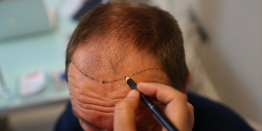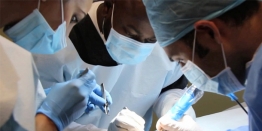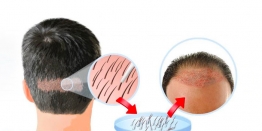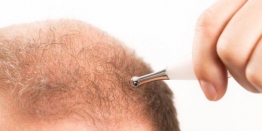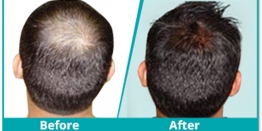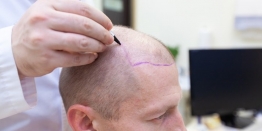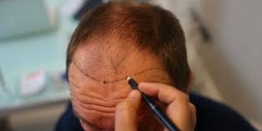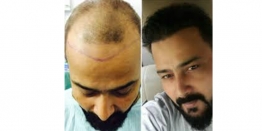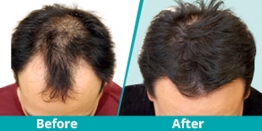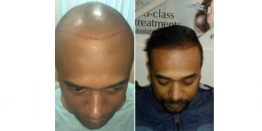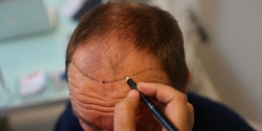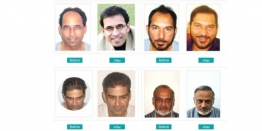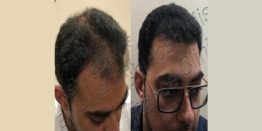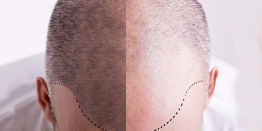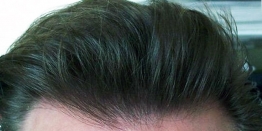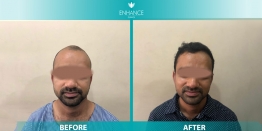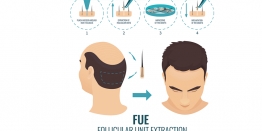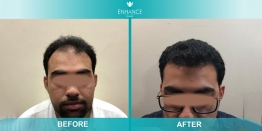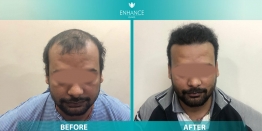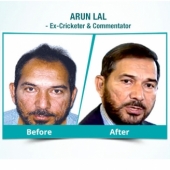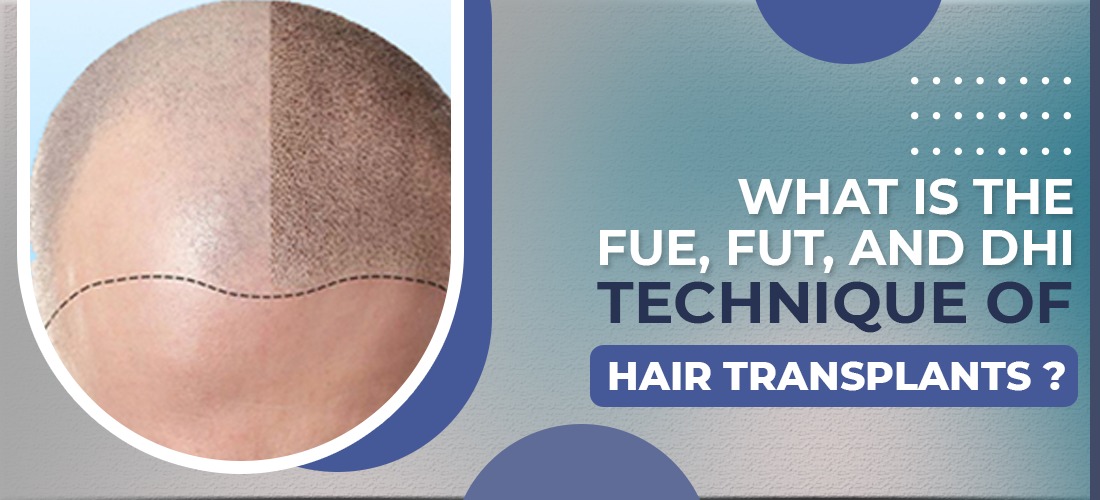
Hair loss remains one of the major concerns that millions of men and women struggle with.Hair transplantation has emerged as a popular choice as it can permanently restore hair.
When it comes to hair transplant in India, there are three techniques– FUT, FUE, and DHI – each differing in their applications and benefits. To help you out, we’ll briefly explain these techniques used for hair transplants in Delhi and India.
FUT Hair Transplant:
FUT, also known as Follicular Unit Transplantation, is a conventional yet highly effective hair transplant technique. In the FUT procedure, the surgeon will surgically extract a thin strip of follicle-bearing skin from the back of the head.
This strip is then microscopically dissected into individual hair follicles while the donor area is stitched closed. These grafts areimplanted into premade incisions in the recipient area.
Advantages of FUT Hair Transplant:
A large number of grafts can be transplanted in one session.
Requires less duration for surgery.
Less expensive.
Higher yield of hair.
No need to shave the head.
As it is slightly more invasive than other techniques, it will take more time to heal andleaves behind a thin, linear scar in the donor area.
FUE Hair Transplant:
FUE, or Follicular Unit Extraction, is a modern and popular hair transplant technique. During an FUE procedure, the surgeon will extract individual follicular units onebyone randomly from the donor area using a 0.6-0.8mm micro punch tool.
The surgeon creates micro-incisions in the recipient area and implants the grafts one by one keeping the angle, density, and spacing in mind to deliver a natural look.
Advantages of FUE Hair Transplant:
No visible scarring.
No need for stitches
Less invasive than FUT.
Faster healing and recovery
Also suitable for body and facial hair transplants
FUE procedures, however, are lengthier and more time-consuming. This method of hair transplant in Mumbai is more expensive compared to FUT.
DHI Hair Transplant:
Direct Hair Implantation (DHI), also known as DHR (Direct Hair Restoration), is an advanced and innovative hair transplant technique. DHR uses a tool called the Choi Pen thatallows simultaneous extraction and implantation of individual hair follicles.
The specialized DHR Penis a single-use tool that allows for better control over the angle, depth, and direction during the placement of follicles.
Advantages of DHI Hair Transplant:
100% Natural-looking Results.
No stitching or scarring.
Highest graft survival rate
Shorter recovery.
This method is more suitable when you require fewer grafts or need to fill in areas that are thinning.DHI hair transplant in Delhirequires a high degree of skill and is costlier than other techniques.
Takeaway
Each hair transplant technique has its own pros and cons, but they are all known to be scientifically proven, safe, and effective. If you’re thinking to get a hair transplant in India, consult with an experienced hair transplant doctor, and they’ll be able to help you choose the technique best suitedto yourcase
Related Blog














